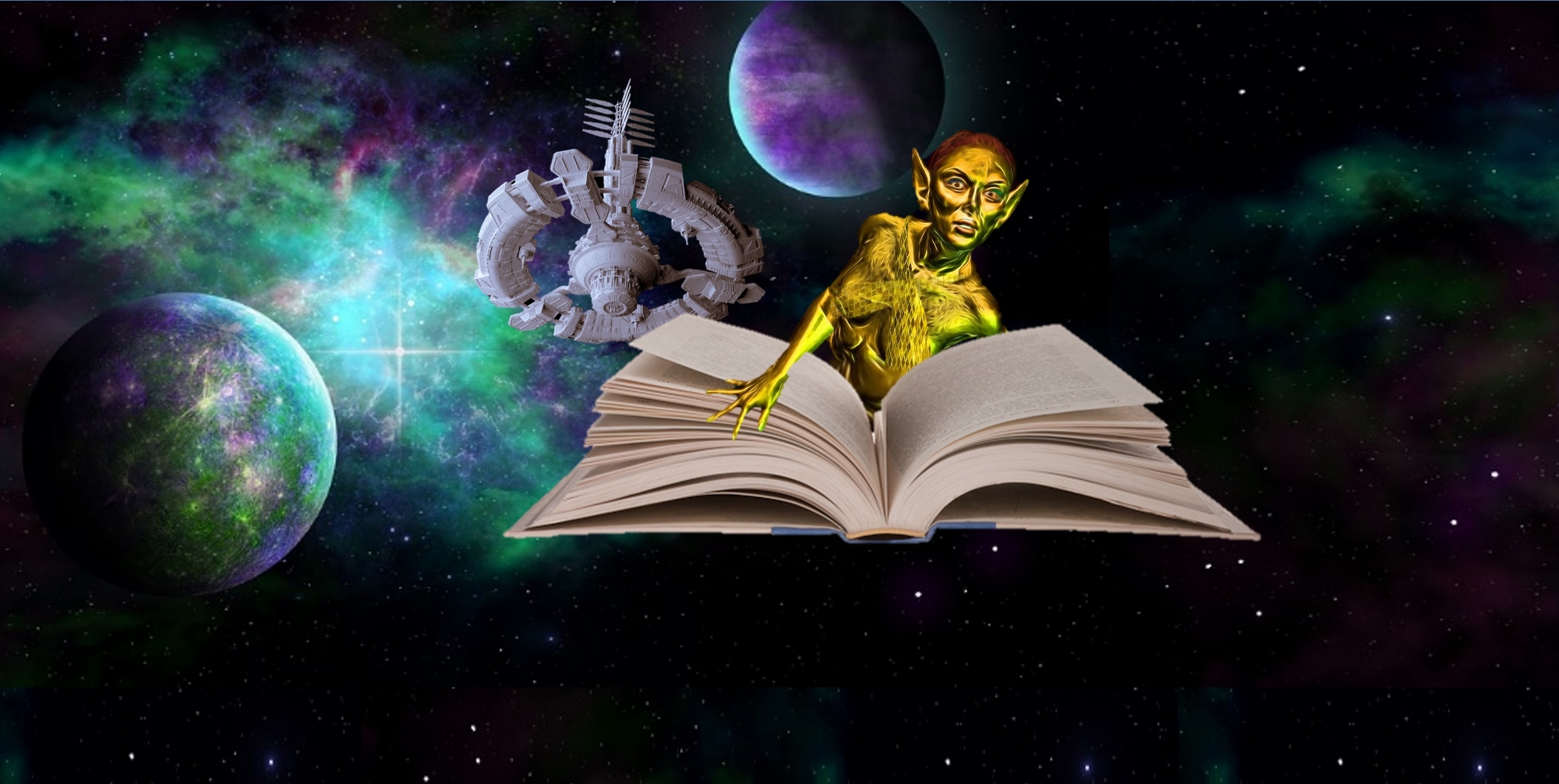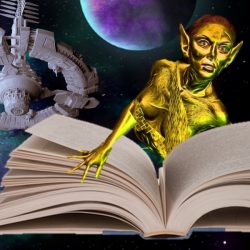Kate says… I don’t usually start with other reviews, but these drew me to Cixin Liu’s book:
Soon to be a Netflix Original Series!
“War of the Worlds for the 21st century.” – Wall Street Journal
Winner of the Hugo Award for Best Novel
An NPR Best Book of the Decade.
Best book of the decade! That’s high praise. So I read Liu’s story. I don’t read many translations, and I’m not familiar with trends and standards in China. Perhaps I should apologize more extensively for my narrow experience, but the book is being marketed to an American audience, so, here I go.
The style might be considered out-of-date in today’s American market. An omniscient point of view allows the author to switch from one character’s perspective to another within a single scene. As an American author myself, I run into this derogatory term for the technique: head hopping. But almost 30,000 reviewers on Amazon don’t seem to mind. The book is phenomenally popular, so… There! Trend-setting American editors. Take that!
Liu writes from a deeply dystopian view of humanity. The story opens as historical fiction about the Chinese Cultural Revolution, and one scientist’s survival amidst its horrors. I even checked the description to be sure I had the scifi book I was expecting – I did. It’s often said that scifi is actually about our current society, and I think Liu’s book is about the Cultural Revolution. Even as the tale moves to today’s headlines and then into the future, it may still be about the Cultural Revolution. Certainly, no story set in China in the 20th to 21st Century can ignore that pivotal era, so hang in there.
That first scientist will return, but the story moves to a different scientist, inexplicable deaths, and a strange virtual game called Three Bodies. The game seems related to the scientist’s impossible hallucinations and a mathematical problem in orbital mechanics regarding three-body systems. (Aside: isn’t it actually a four-body problem? Don’t answer until you finish the book.)
This is truly hard science fiction, brimming with explanations from electrical engineering and physics. Parts of that were more interesting than others, and I admit to skimming. There’s an imaginative (and very cool) way to counter-attack the bad guys that I never would have thought of.
The book’s description mentions an alien invasion, so it’s not a spoiler to say… an alien race wants to invade Earth, and a faction of humans plots to help them. Since this is Book 1 of a trilogy, the plot is not fully resolved, but (if you’re okay with a dystopian ending) there is a conclusion for the main character.
You’ll notice I haven’t mentioned characters much. Perhaps this is a difference between American and Chinese fiction, but the characters often feel distant and stereotypical, as if Liu is respecting their privacy. American editors would be highly critical, my author-brain tells me, of American authors taking this approach. But, to repeat myself, over 30,000 reviewers on Amazon don’t mind.
This isn’t my favorite book of the decade, but I’m glad I read it. I feel noble, as if I did something good for my brain. That’s why I’m recommending you take a look yourself. It’s fun to know what’s going on in book-culture, and now I can discuss the story at the next party I attend. I don’t think I’ll watch the film adaptation, though. Sorry, Netflix.
Click an Amazon link on our site, then buy a product there, and we earn a small fee at no extra cost to you. Help Amazon share their profits with us by clicking one of our links, then do your shopping. To quote the words Amazon specifically suggests: “As an Amazon Associate I earn from qualifying purchases.”
Tags: Dystopian, Chinese Literature, Hard Science Fiction, Alien Invasion, First Contact, Literary Science Fiction


